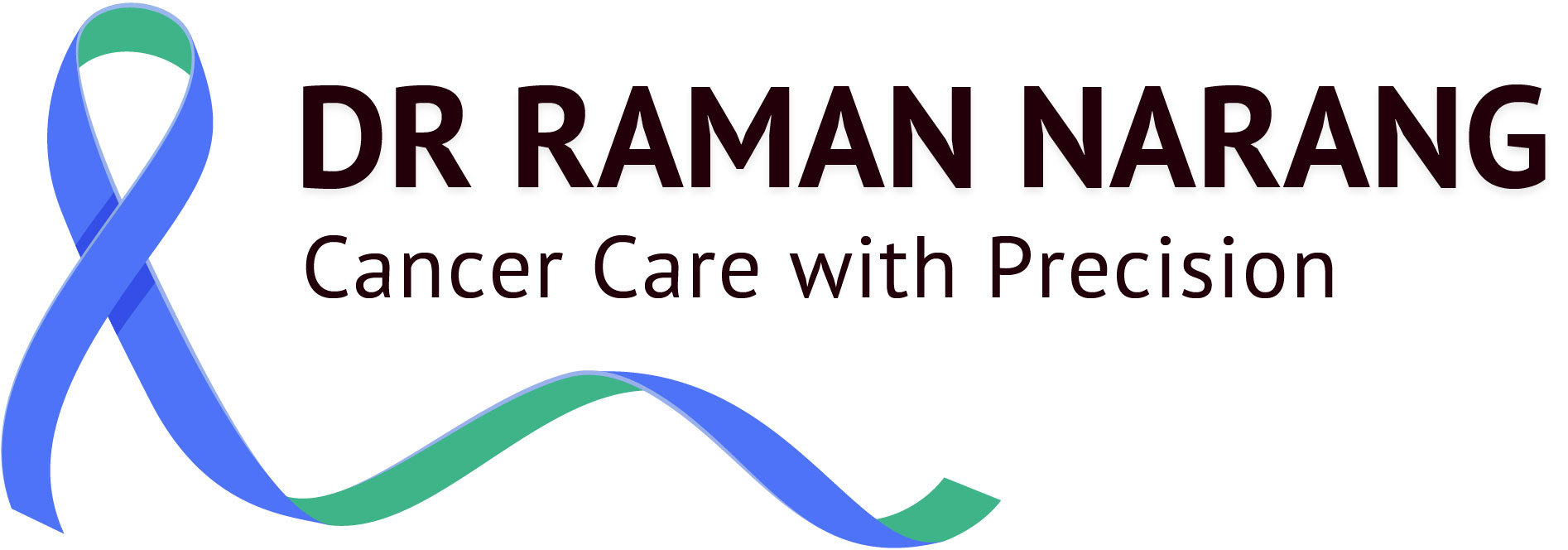Authored by Dr. Raman Narang
Soft tissue sarcomas (STS) represent a rare and diverse group of malignancies arising from connective tissues. Effective treatment strategies for STS often combine surgery, radiation, and systemic chemotherapy. Among the chemotherapeutic options, Ifosfamide and Adriamycin (doxorubicin) regimens remain pivotal for managing advanced and high-risk cases. Dr. Raman Narang conducted a retrospective trial to assess the efficacy and safety of various schedules of this regimen in STS patients, offering valuable insights into optimizing treatment outcomes.
Background and Purpose of the Study
The treatment of soft tissue sarcomas is challenging due to their heterogeneity and varying responses to therapy. While Ifosfamide and Adriamycin are considered standard agents in systemic treatment, the optimal scheduling and dosing regimens remain subjects of clinical debate. This retrospective trial aimed to:
Compare Different Schedules: Evaluate the outcomes of different dosing schedules of Ifosfamide and Adriamycin combinations.
Assess Safety Profiles: Analyze toxicity and adverse events across regimens.
Determine Efficacy: Measure tumor response rates, progression-free survival (PFS), and overall survival (OS) in patients undergoing treatment.
Methodology
Dr. Narang's retrospective study involved analyzing data from patients diagnosed with soft tissue sarcomas treated at a tertiary care center over the past decade. Key aspects included:
Patient Selection: Individuals aged 18 and above diagnosed with high-grade or metastatic STS who underwent Ifosfamide and Adriamycin-based chemotherapy.
Regimens Studied:
High-dose Ifosfamide with split-dosing schedules.
Standard-dose Ifosfamide with continuous infusion.
Adriamycin administered as bolus versus prolonged infusion.
Data Analysis: Tumor response was assessed using RECIST (Response Evaluation Criteria in Solid Tumors), while toxicity grading followed CTCAE (Common Terminology Criteria for Adverse Events).
Key Findings
Efficacy Outcomes:
The combination regimen showed significant tumor shrinkage in patients with advanced STS, with an overall response rate (ORR) of 38%.
Progression-free survival was higher in patients receiving high-dose Ifosfamide schedules compared to standard doses.
Safety Profiles:
Hematological toxicities (neutropenia, anemia) were more frequent in high-dose schedules but were manageable with supportive care.
Non-hematological toxicities, such as nausea and fatigue, were consistent across all regimens.
Optimal Schedule Insights:
Split-dosing schedules of Ifosfamide reduced peak toxicity without compromising efficacy.
Prolonged infusion of Adriamycin appeared to minimize cardiac side effects compared to bolus administration.
Implications for Clinical Practice
The study provides critical data for oncologists tailoring chemotherapy regimens for STS. It highlights the importance of individualized treatment planning, particularly in balancing efficacy with toxicity. High-dose Ifosfamide with split dosing emerges as a promising approach for enhancing tumor control, especially in aggressive or metastatic STS cases.
Moreover, the findings stress the value of integrating toxicity management strategies, such as growth factor support and cardiac monitoring, to improve patient outcomes.
Conclusion and Future Directions
Dr. Raman Narang’s retrospective trial underscores the significance of refining chemotherapy schedules for soft tissue sarcomas. While Ifosfamide and Adriamycin remain cornerstone agents, further prospective trials are warranted to validate the optimal regimens identified in this study. The integration of novel agents and combination strategies could also complement these findings, offering hope for improved survival and quality of life in STS patients.
About Dr. Raman Narang
Dr. Raman Narang is a leading oncologist specializing in sarcomas and rare cancers. With years of experience and numerous research contributions, Dr. Narang is committed to advancing cancer care through innovative treatment strategies and patient-centered approaches.

